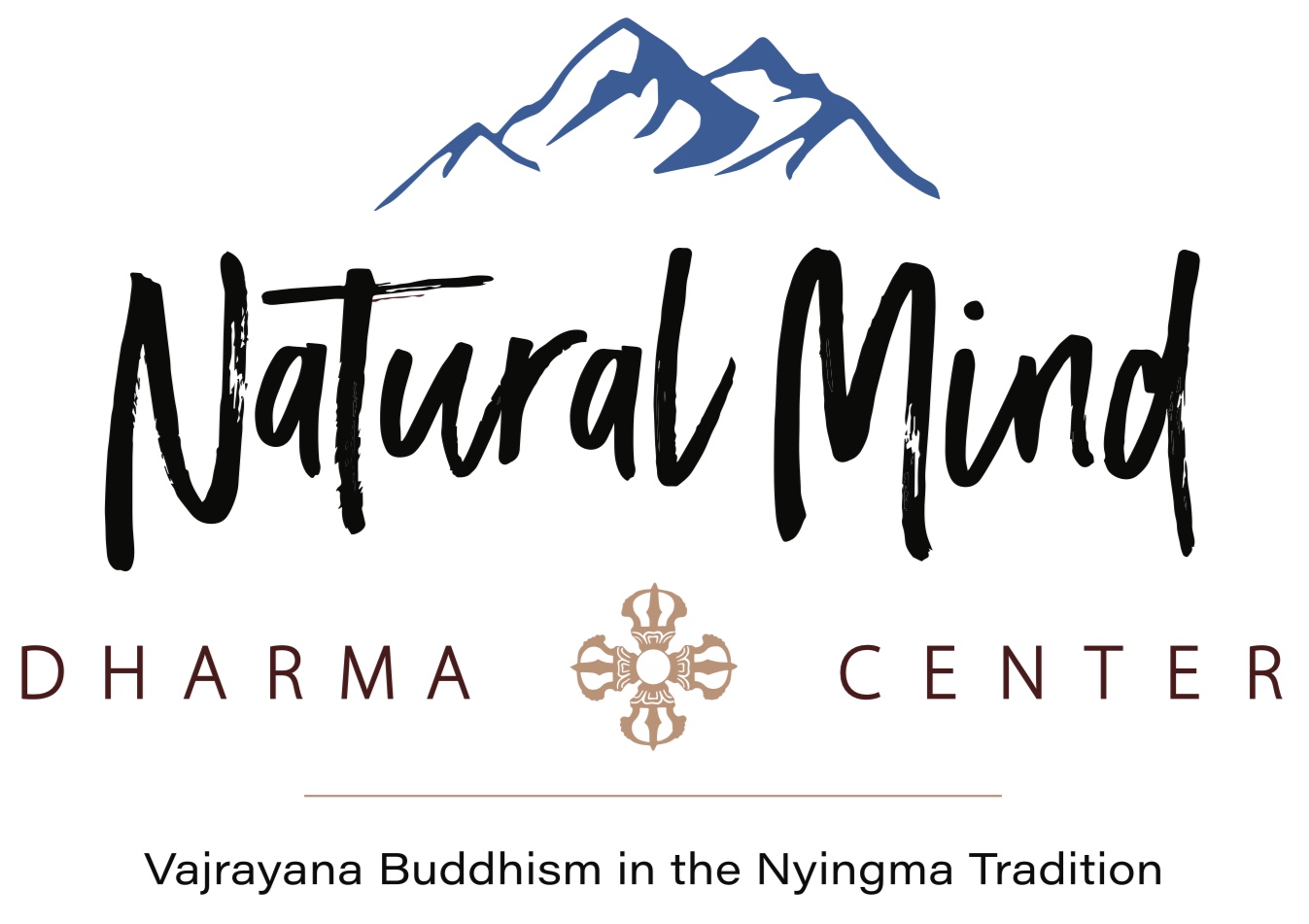Inner Sweat Lodge
Things seem unsettled lately (I know, a bit of an understatement). There is a pervasive pallor, a sickness, lying like a heavy shadow over our land. It is time for purification. It is time to restore harmony.
Indigenous cultures have rituals to purify and restore our relationship to the land and all beings. One indigenous group whose lands we occupy in central and eastern Oregon is the Northern Paiute, although this is the name used by outsiders. The members of this tribe refer to themselves as Numu, meaning “the people.” They refer to the energy permeating their experience as puha (pronounced “pooha”). It is the life force that resides in all things past, present, and future; it constitutes the fabric of the universe. If the puha is disturbed, everything is out of balance.
To bring the puha back into harmony, the Numu conduct purification ceremonies involving sacred song, dance, and sweat lodge. “Making sweat,” is a common ritual shared among many indigenous peoples. The sweat itself is a multipart liturgy that varies slightly from tribe to tribe, but usually involves several sweat sessions: one to center and express gratitude, one to chant purification songs, and one in which participants unburden themselves through sharing about their lives and challenges.
The cleansing is profound. One of my sweat experiences was with a Yurok elder on Mt. Shasta. The intense sweating alternating with a cold plunge deeply purified my body of toxins and cleansed my mind of toxic thoughts—and the high altitude location offered a sense of clarity and spaciousness. Most of the people in our country have no such ritual. A sad situation. But we can reclaim the power of “making sweat” through whatever spiritual tradition we find inspiring.
In the Buddhist tradition, we have expressions of gratitude, songs (mantras) accompanied by rich symbolism—and meditation. If our spiritual practice is consistent, it creates a kind of inner heat or tapas, in the Sanskrit language. Tapas means “to burn” or “to heat,” and it signifies that our spiritual discipline has begun to burn away impurities and ego-clinging. It is important to “sweat it out” every day through diligent practice, but more importantly, we can create a continuous cleanse in the way we deal with all our daily situations.
Every time we notice our minds caught in unhelpful thoughts is a doorway into the sweat lodge. We may choose to enter and purify—or not. If we choose to enter with respectful reverence, the mind will always follow because our minds created the opportunity in the first place. In the Tibetan language, a word that corresponds to puha is rigpa, the pure and total presence of the immeasurable universe within the mind. It is here we restore harmony by sweating away all that would obscure rigpa—like fog lifting under the intense heat of the sun.
